We all love our dogs, but the truth is, we’ve probably hurt them more than we realize. Our best intentions sometimes miss the mark, leading to unintended consequences that affect their happiness and well-being. From overly protective parenting to ignoring their instincts, we’ve done more damage than we’d like to admit.
In our quest to “improve” their lives, we’ve inadvertently caused confusion, stress, and even health issues. It’s easy to overlook, but these small changes in our everyday lives are often the ones that have the biggest impact.
In this post, we’re diving into 20 ways we’ve unknowingly ruined our dogs. Don’t worry, it’s not all doom and gloom. By recognizing these habits, we can make simple fixes to give our loyal companions a life that truly matches the love we feel for them.
Overbreeding for Appearance

Our fascination with specific dog breeds has led to overbreeding, focusing on appearance over health. For instance, bulldogs with flat faces struggle to breathe due to brachycephalic features. This obsession affects their quality of life.
Breeding purely for looks compromises their well-being, leading to chronic health issues. Many dogs endure joint, respiratory, or skin problems, reducing their lifespan and happiness.
Opting for healthier, less exaggerated features can enhance their health. Responsible breeding considers both aesthetics and vitality, ensuring dogs live fuller, happier lives. Choose breeders who prioritize health over appearance.
Feeding Human Food

Feeding dogs human food often comes from love, but it can harm them. Foods like chocolate, grapes, and onions are toxic to dogs, causing severe health issues.
Our diet is not suitable for their digestive systems, leading to obesity and nutritional imbalances. Providing a balanced dog-specific diet is crucial for their health.
Educate yourself on harmful foods and avoid giving in to those begging eyes. Consistent, appropriate feeding ensures they receive necessary nutrients without the risks associated with human foods.
Lack of Exercise

In our busy lives, exercise for dogs often takes a back seat, leading to overweight pets with health concerns. Regular physical activity is essential for their physical and mental health.
Without sufficient exercise, dogs can develop obesity, joint issues, and behavioral problems. Incorporating daily walks or playtime can significantly improve their well-being.
Create a routine that includes interactive sessions to engage their minds. Keeping them active promotes a healthier lifestyle and strengthens the bond between owner and pet.
Ignoring Mental Stimulation
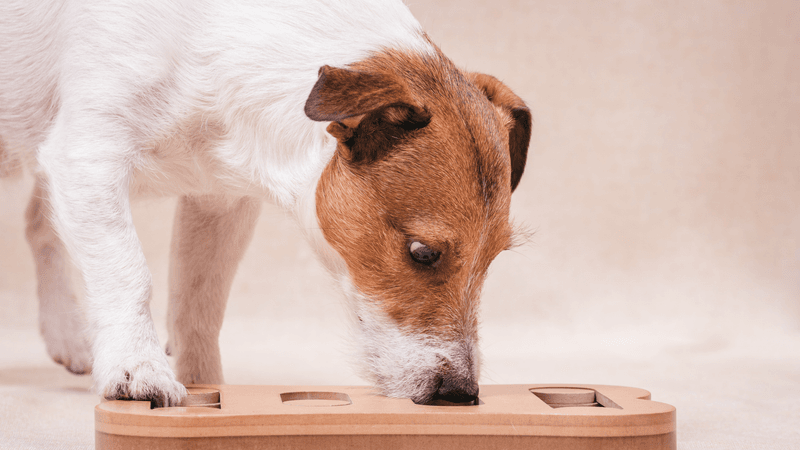
Mental stimulation is as vital as physical exercise for dogs. Ignoring this need can lead to boredom and destructive behavior. Dogs thrive on challenges and problem-solving activities.
Engage them with puzzle toys, training exercises, or new experiences. This mental engagement prevents anxiety and enhances their happiness.
Regular mental stimulation keeps their minds sharp and provides the necessary outlet for their energy, leading to a more balanced and contented pet.
Poor Socialization

Lack of socialization can make dogs anxious or aggressive. Exposing them to various environments, people, and dogs in a controlled manner is crucial for their confidence.
A well-socialized dog is typically more adaptable and comfortable in different situations. Socialization should start early and continue throughout their life.
Frequent interactions with other dogs and people help build their trust and social skills, leading to a more harmonious cohabitation with others.
Neglecting Dental Care
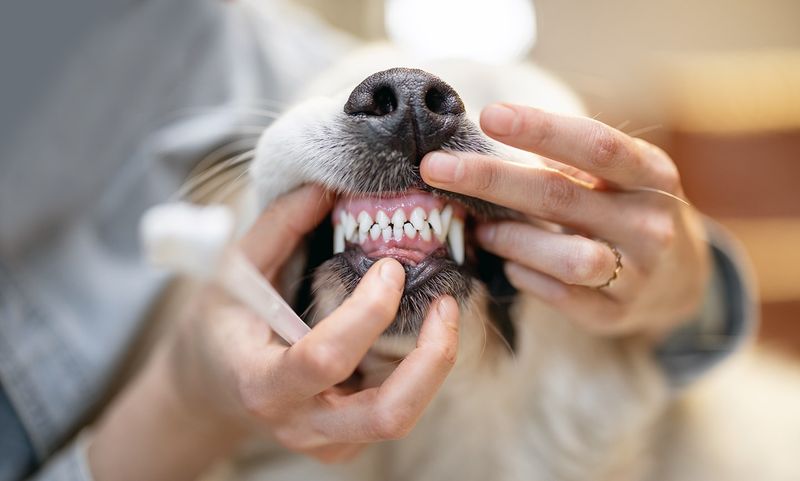
Dental health is often overlooked but vital for a dog’s overall well-being. Neglecting dental care can result in pain, infections, and even organ damage.
Brushing their teeth and providing dental treats can mitigate these risks. Regular check-ups with a vet help maintain their oral hygiene.
Good dental care ensures a pain-free life, allowing them to enjoy their meals and toys without discomfort. Prioritize this aspect of care for a healthier, happier pet.
Inadequate Training
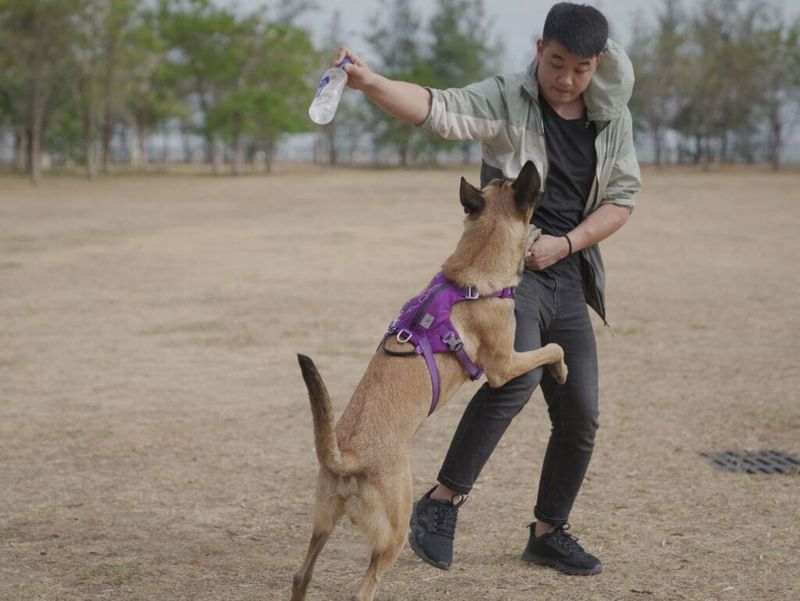
Proper training is fundamental for a well-behaved dog. Inadequate training can lead to behavioral issues that strain the owner-pet relationship.
Basic commands like sit, stay, and come are essential for safety and harmony. Consistent, positive reinforcement strengthens their understanding and obedience.
Investing time in training builds trust and ensures dogs are well-adjusted members of the family. A trained dog is not only safer but also more enjoyable to be around.
Using Harsh Discipline
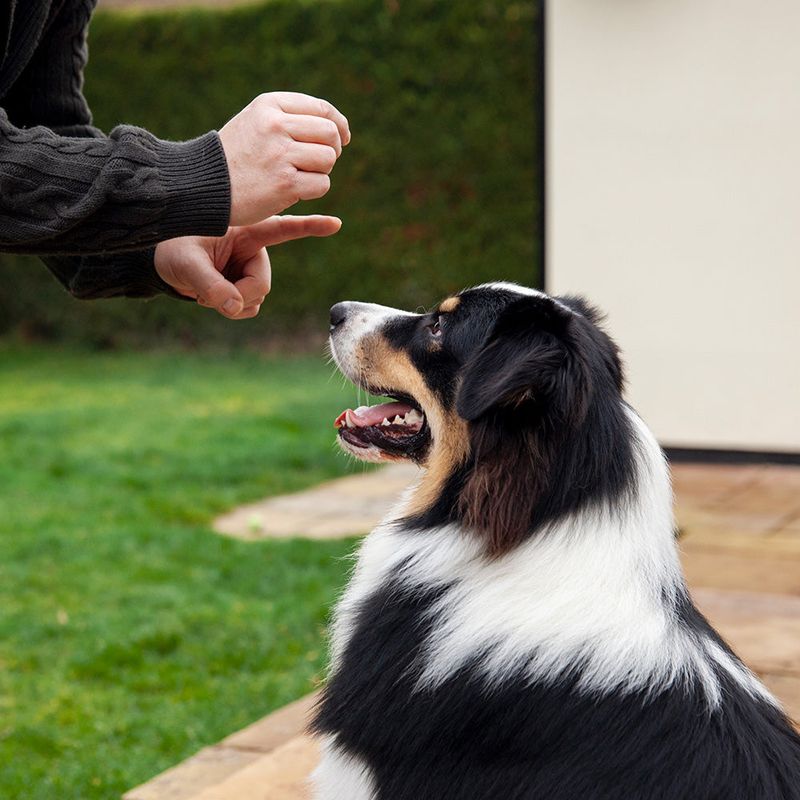
Harsh discipline methods can damage the bond between dog and owner, leading to fear and anxiety. Positive reinforcement is a more effective training strategy.
Rewarding good behavior encourages learning and builds trust. Fear-based methods can cause emotional distress and lead to behavioral problems.
Approach training with patience and kindness, fostering a loving environment. This encourages a cooperative and happy pet, strengthening your relationship.
Overfeeding Treats

Treats are a valuable tool for training but overfeeding can lead to obesity and related health issues. Balance is key to maintaining a healthy weight.
Excess treats can disrupt their diet, causing nutritional imbalances. Use treats sparingly and choose healthy options, considering their caloric intake.
Monitor their weight and adjust treat portions accordingly. Responsible treat-giving supports their health and complements their regular meals.
Ignoring Breed Needs

Each dog breed has unique needs and characteristics. Ignoring these can lead to boredom or frustration, affecting their behavior.
Researching and understanding breed-specific requirements ensures they receive appropriate care and stimulation. For instance, working breeds need more exercise and mental challenges.
Cater activities to suit their natural instincts and traits. Fulfilling their breed needs promotes happiness and reduces unwanted behaviors, creating a balanced lifestyle.
Improper Use of Crates
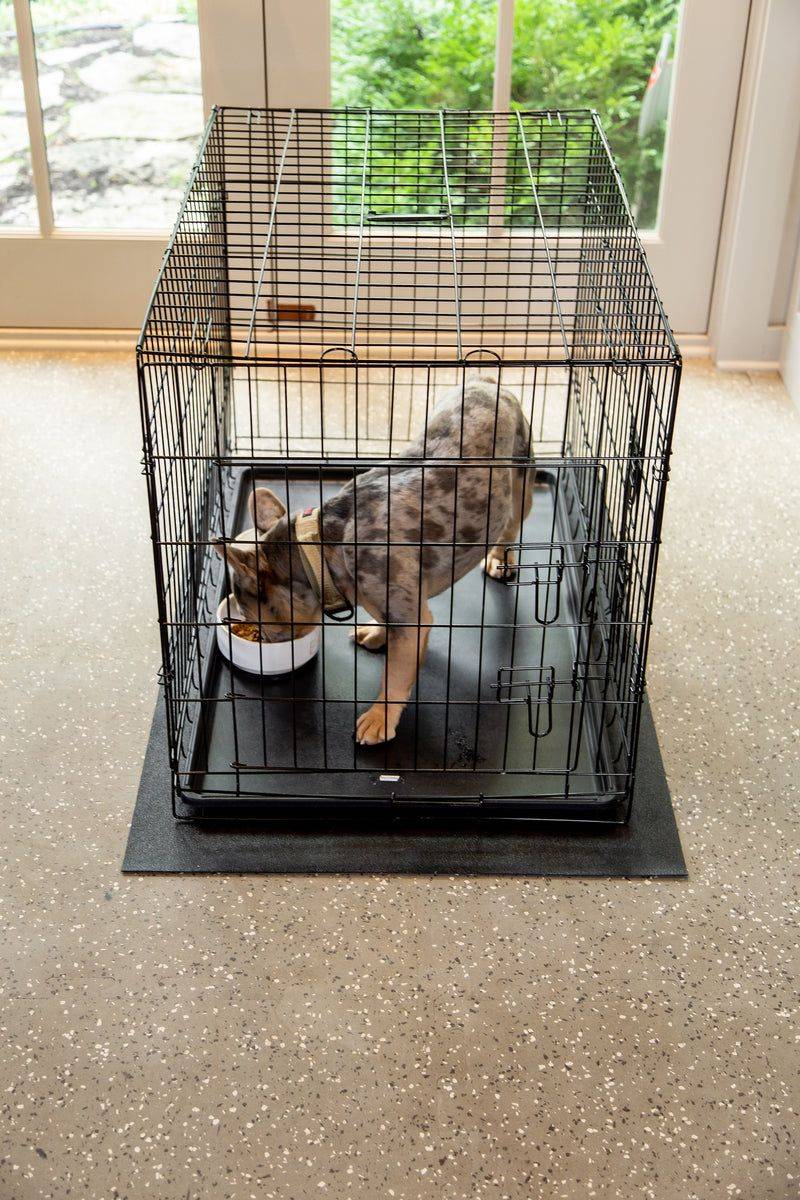
Crates can be beneficial for training and safety, but misuse can cause distress. Too much time confined leads to anxiety and physical issues.
Crates should be a safe space, not a punishment. Gradual introduction and positive associations help dogs feel comfortable.
Limit time spent inside to prevent stress. Use crates responsibly to support their training and security while maintaining freedom and happiness.
Neglecting Regular Vet Visits
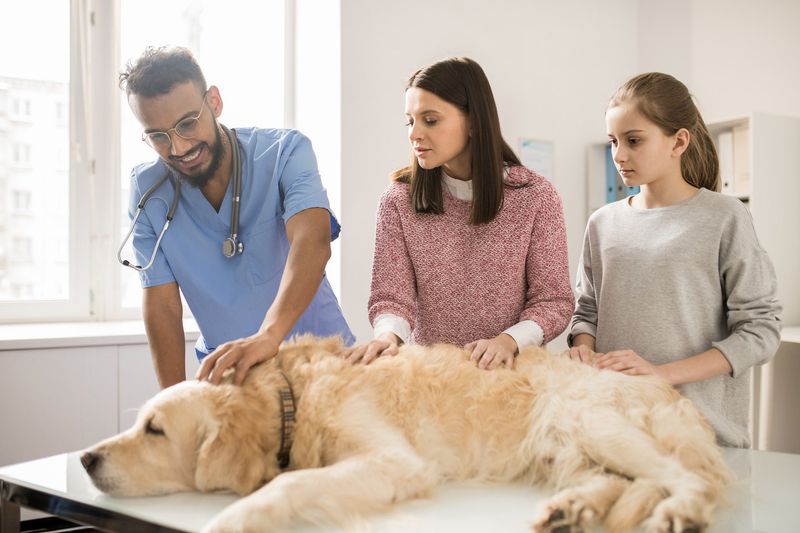
Regular vet visits are crucial for preventative health care. Neglecting these can result in undiagnosed illnesses and untreated conditions.
Vets provide vaccinations, health checks, and advice tailored to individual needs. Routine visits ensure early detection and treatment of potential health issues.
Prioritizing veterinary care supports a long, healthy life, allowing them to thrive and enjoy their days to the fullest.
Ignoring Weather Protection
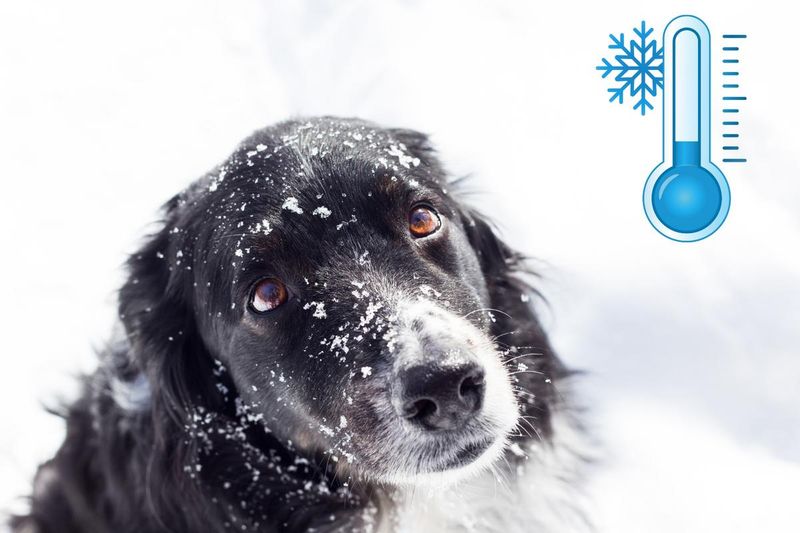
Exposing dogs to harsh weather without protection can lead to discomfort or health problems. Both cold and hot conditions require attention.
Provide coats in winter and ensure shade and hydration during summer. Different breeds have varying tolerances, so adjust care accordingly.
Protecting them from weather extremes ensures comfort and prevents issues like hypothermia or heatstroke, promoting their well-being regardless of climate.
Improper Grooming
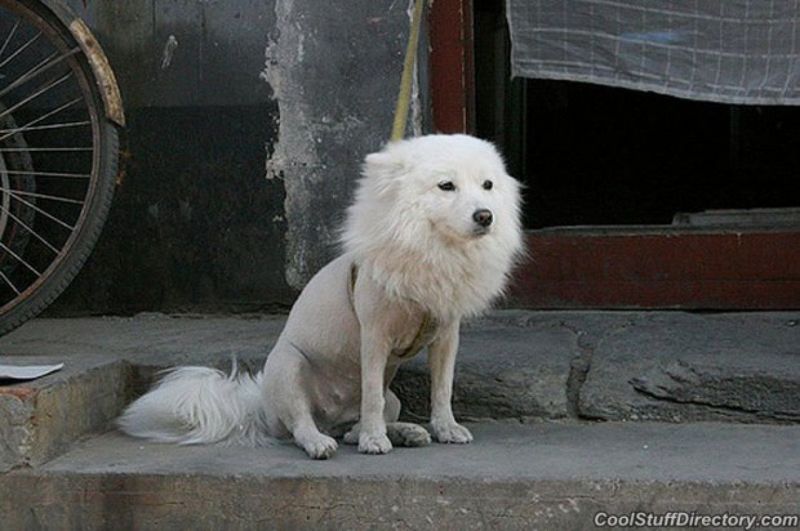
Grooming is more than aesthetics; it’s vital for their health. Neglect leads to skin issues, discomfort, and infections.
Regular brushing, nail trimming, and bathing contribute to their well-being. Understanding their specific grooming needs prevents unnecessary problems.
Consistent grooming routines keep them comfortable and healthy, enhancing their quality of life. It’s about care and ensuring they look and feel their best.
Ignoring Allergies
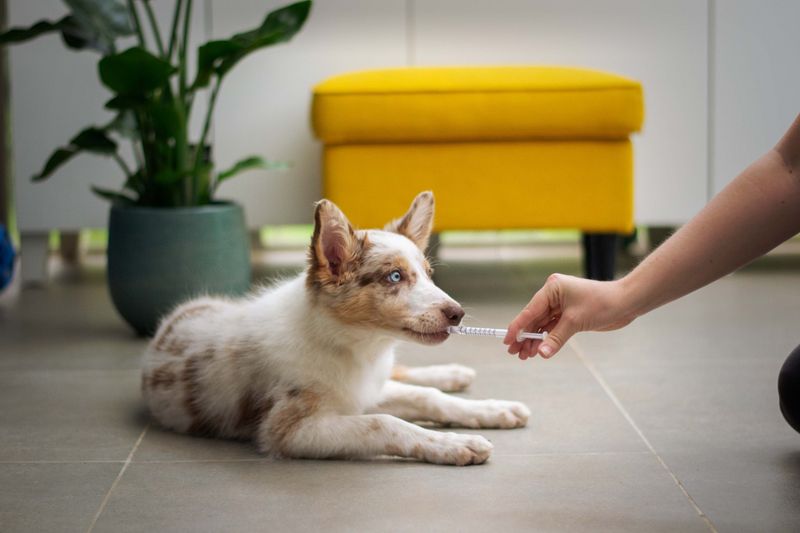
Allergies can severely impact a dog’s quality of life, causing discomfort and health issues. Identifying and addressing these is crucial.
Common allergens include foods, pollen, and dust. Symptoms like itching or digestive issues indicate allergies. Consulting a vet helps pinpoint causes.
Implementing dietary changes or medications can alleviate symptoms. Managing allergies ensures they live comfortably and happily, free from avoidable distress.
Leaving Dogs Alone Too Long

Dogs are social animals and leaving them alone for extended periods can lead to anxiety and behavioral issues. They thrive on companionship and interaction.
If long absences are unavoidable, consider dog sitters or daycare options to provide company and stimulation.
Ensuring they have companionship supports their emotional well-being and reduces the chances of destructive behavior caused by loneliness.
Overprotectiveness
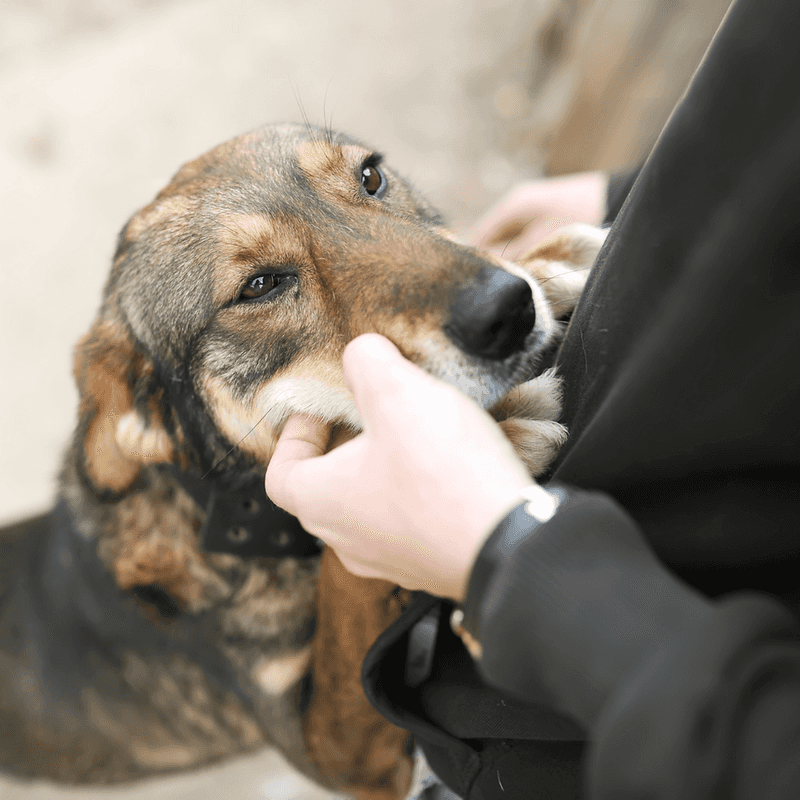
Being overprotective can limit a dog’s experiences and social development. Shielding them from all potential risks can inhibit their confidence and adaptation skills.
Allowing controlled exploration helps them learn and grow. Encourage interactions in safe environments to build their independence.
Balancing protection with freedom ensures they develop into well-rounded, confident companions, capable of handling various situations.
Improper Use of Retractable Leashes
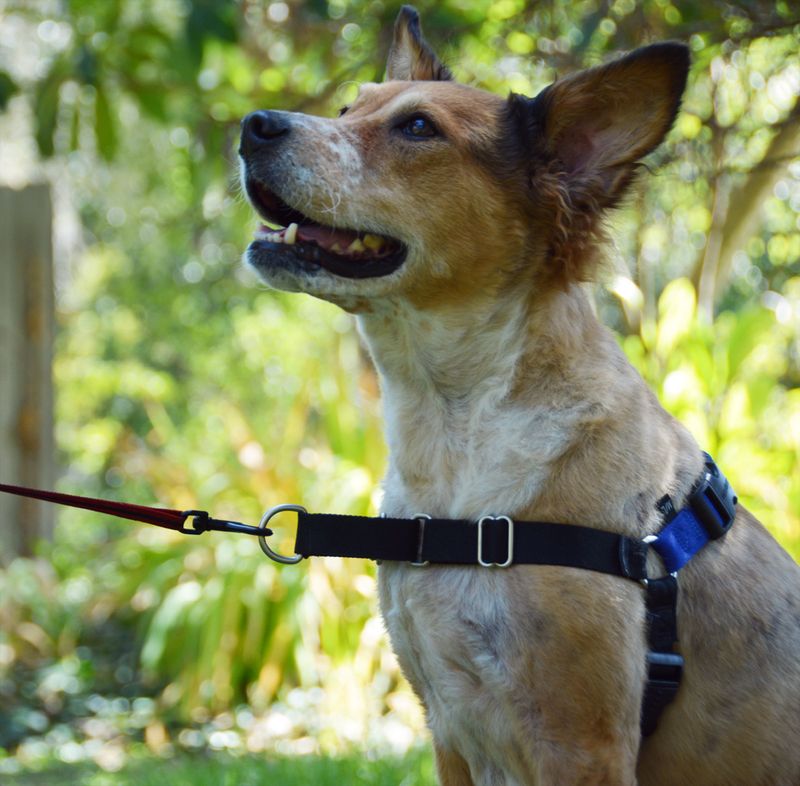
Retractable leashes offer freedom but can be dangerous if misused. They give less control and can result in accidents or injuries.
Use these leashes in open, safe areas where tangling isn’t a risk. Understanding their limitations helps prevent problems.
Opt for traditional leashes in crowded or high-traffic areas to maintain control and ensure safety during walks.
Ignoring Aging Needs
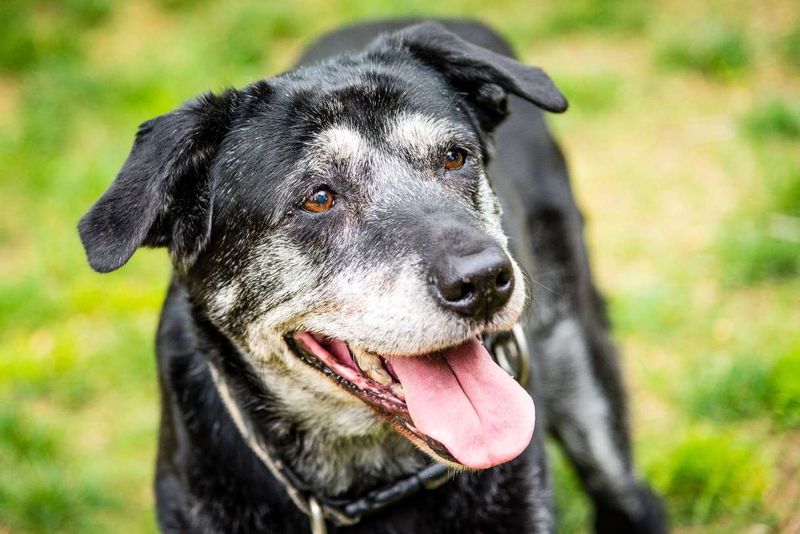
As dogs age, their needs change, requiring adjustments in care. Ignoring these can lead to discomfort and health issues.
Older dogs may need softer bedding, joint supplements, or modified exercise routines. Regular vet check-ups become increasingly important.
Understanding and adapting to their aging needs ensures comfort and quality of life in their senior years, allowing them to enjoy their golden days.
Inconsistent Routine
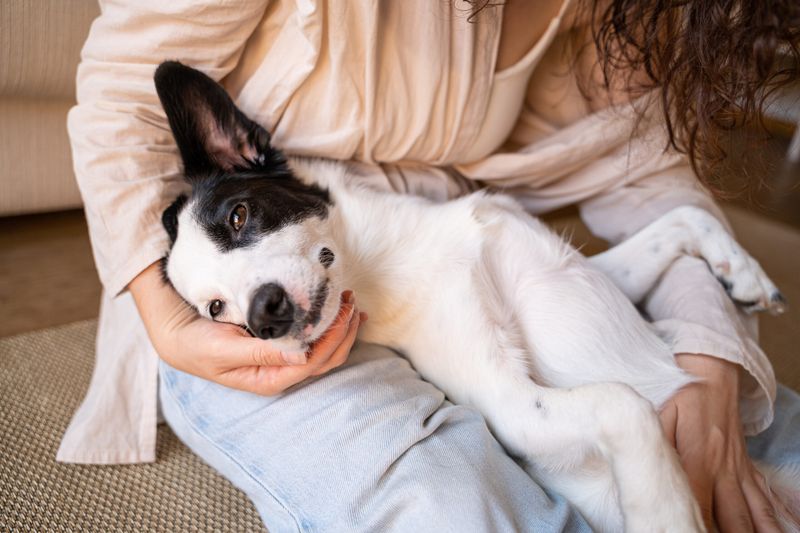
Dogs thrive on routine, and inconsistency can lead to stress and behavioral issues. A stable schedule for feeding, walking, and playtime provides security.
Routine helps them understand expectations and reduces anxiety. Consistency in their daily activities supports their mental and physical well-being.
Establishing and maintaining regular habits fosters a sense of stability, promoting a harmonious and contented life for your pet.

